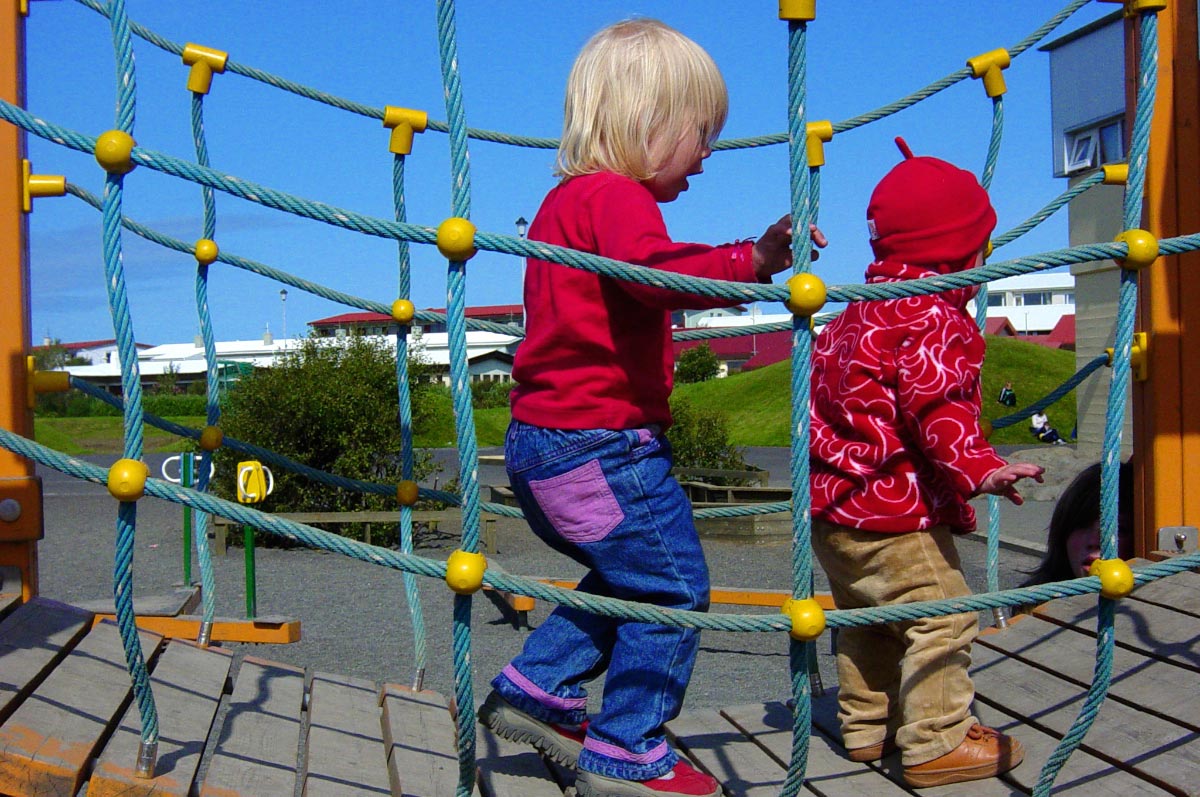Antacids interfere with calcium absorption: Babies given antacids in their first year of life are more likely to have a bone fracture later in childhood
12/28/2019 / By Cassie B.

It’s becoming increasingly clear just how much antacids can interfere with your body’s ability to absorb calcium, and recent research shows that this isn’t just a problem you need to worry about as you get older. A study published in Pediatrics has found that babies who are given antacids during their first year of life have a greater likelihood of fracturing a bone in childhood.
Although we’ve long known of this association in adults, researchers from the Uniformed Services University of the Health Sciences decided to explore how it might impact young people. They took a look at two antacids that are commonly prescribed for infants: PPIs, or proton pump inhibitors, and H2RAs, or H2 Antagonists. These work to reduce the acid that cells in your stomach lining produce.
In recent years, doctors have been prescribing these drugs more often to infants for newborn behaviors that were once considered normal, such as colic and spitting up. That’s because they are also symptoms of a more serious condition known as GERD, or gastroesophageal reflux disease, which is linked to poor weight gain and esophageal inflammation.
Antacid drugs can set children up for a lifetime of problems
They looked at the health care records of a million-plus children who were born in the Military Health System and received care there for at least two years, eliminating those who had a higher risk of fractures for other reasons, such as genetic conditions affecting bone health, maltreatment, or extended hospitalization at birth.
They found that 11 percent of the 851,000 infants studied had been given at least one type of antacid prior to their first birthday. Many of them had taken an H2RA or PPI for around 60 days at a time on average, while some had been given both medications together for 192 days on average.

While the infants who only took an H2RA did not experience a greater risk of bone fracture in childhood, those who had taken a PPI prior to age 1 had a 23 percent greater chance of fracturing a bone later in their childhood. Those who had taken both a PPI and an H2RA fared worse, with a 31 percent greater likelihood of fracturing a bone as a child. The risk also went up the earlier they had been prescribed the acid suppressant, and the longer they took it.
This particular study didn’t aim to explain why the link exists, but other studies have pointed to these medications’ ability to hinder the production of cells in the bone known as osteoclasts that are responsible for maintaining and repairing bones. These cells contain an important proton pump that PPIs stop. This causes old bone to not get broken down, and new bone is then built on top of the older bone, which ultimately makes bones weaker. When you consider how quickly younger children’s bones grow, it’s easy to see why this is a recipe for disaster.
We also know that PPIs can interfere with your body’s calcium absorption, raising the risk of fractures in adults. While more research is needed into this connection, the researchers have cautioned that these drugs should be used very carefully in children and weighed against the potential risks.
With acid suppression meds being one of the most commonly prescribed drug types among young children, it’s important to know all we can about the potential drawbacks. Healthy bones are an essential part of fitness throughout a person’s lifetime. Before resorting to risky meds, parents can try to address GERD in infants by burping them frequently during feeding, avoiding overfeeding, and holding them upright for at least half an hour after feeding.
Sources for this article include:
Submit a correction >>
Tagged Under:
acid reflux, antacids, bone fractures, bone health, calcium absorption, child health, children's health, GERD, PPIs, Proton pump inhibitors, research, side effects
This article may contain statements that reflect the opinion of the author





















